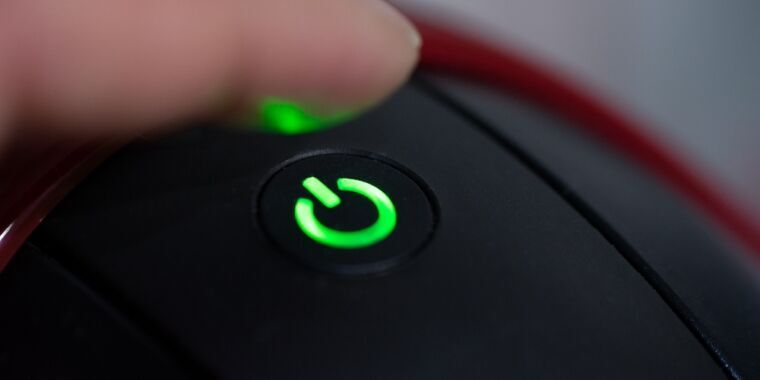- cross-posted to:
- linux@lemmy.ml
- cross-posted to:
- linux@lemmy.ml
Just about every Windows and Linux device vulnerable to new LogoFAIL firmware attack::UEFIs booting Windows and Linux devices can be hacked by malicious logo images.
Every device booting from UEFI is vulnerable. It’s neither a Windows nor Linux issue, it’s UEFI.
Because UEFI has Code-execution capability before OS loads. In this case it’s for the logo
It’s not related to Windows or Linux, but as the article notes, Apple devices that use UEFI are not vulnerable (and current ones don’t use it anymore and therefore aren’t vulnerable either), so I guess that’s where the “Windows or Linux” comes from.
There are more OS’ on PC then Windows and Linux. So they should really just say PCs running UEFI. Any PC running a different firmware like core boot or libreboot is not affected. Apple devices are not vulnerable because they don’t use UEFI. Apple doesn’t do the U(nified) bit and built their own EFI.
And I can install FreeBSD or OpenBSD on a non-Apple machine, and it will have the same security issue.
The article is written inaccurately. The issue is that the industry-standard pre-OS-load firmware patterns and interfaces (BIOS/EFI/UEFI) are vulnerable. Apple uses nonstandard/highly customized hardware, firmware, and software (because they’re more or less completely vertically integrated), and their custom stuff doesn’t have the same flaw due to that customization.
I want my computer to run an open-source BIOS/UEFI but the set of systems supported by projects like Libreboot is unfortunately rather limited.
Why is it so limmitted? Whats the bottleneck?
Each board has to be added manually, I presume they all have intricacies around initialising hardware and it seems most of that is kept in binary blobs and I don’t really understand I just wish it was like openwrt and worked anywhere
Can anyone explain to me if this is an actual risk outside a highly controlled environment? AFAIK, it’s a pretty non-casual thing to change the UEFI boot logo, so wouldn’t that make this pretty hard to actually pull off?
Another instance of Let’s replace something that’s been working for ages with something worse but shiny.
What are you going on about?
Do you mean BIOS versus UEFI? That ship sailed over a decade ago. And I don’t think anyone actually believes that plain BIOS is superior in any way to UEFI.
That ship sailed over a decade ago.
And yet we’re still having this kind of bullshit.
Plain BIOS got the job done.
Can’t get hacked by this if you never reboot!
UEFI is such a disaster. I still sometimes use legacy boot and notice that I miss none of the features UEFI gives me. And still I go for UEFI because it’s shiny and new. Guess I’m a disaster too.
Click bait.








